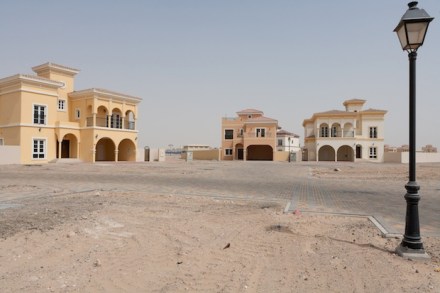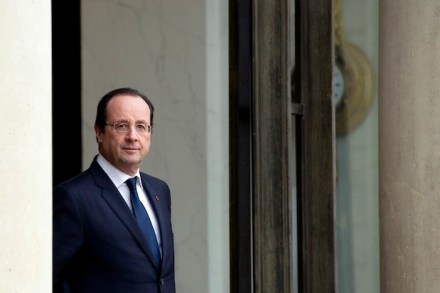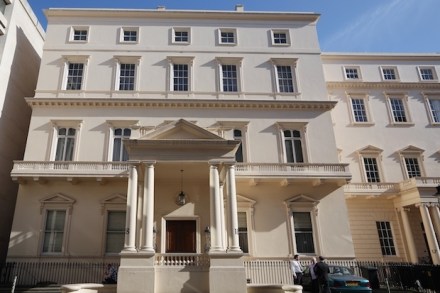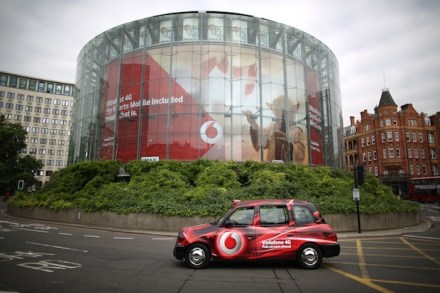Don’t blame ministers for the Royal Mail sell-off. Beat up the bankers!
Vince Cable and Michael Fallon, ministers responsible for the Royal Mail sell-off, have been summoned for another select committee grilling after Easter. Meanwhile, Labour’s irritatingly smug business spokesman Chuka Umunna continues to score points by claiming that last October’s flotation was ‘botched’, costing taxpayers a notional £750 million as the shares leapt from the issue price of 330 pence to 455 pence on the first day, and much more since as they rocketed on upwards. The truth is that the ministerial duo were right to be super-cautious about pricing a privatisation that had been thwarted for so long by union subversion, for which public enthusiasm was uncertain, and in which
















